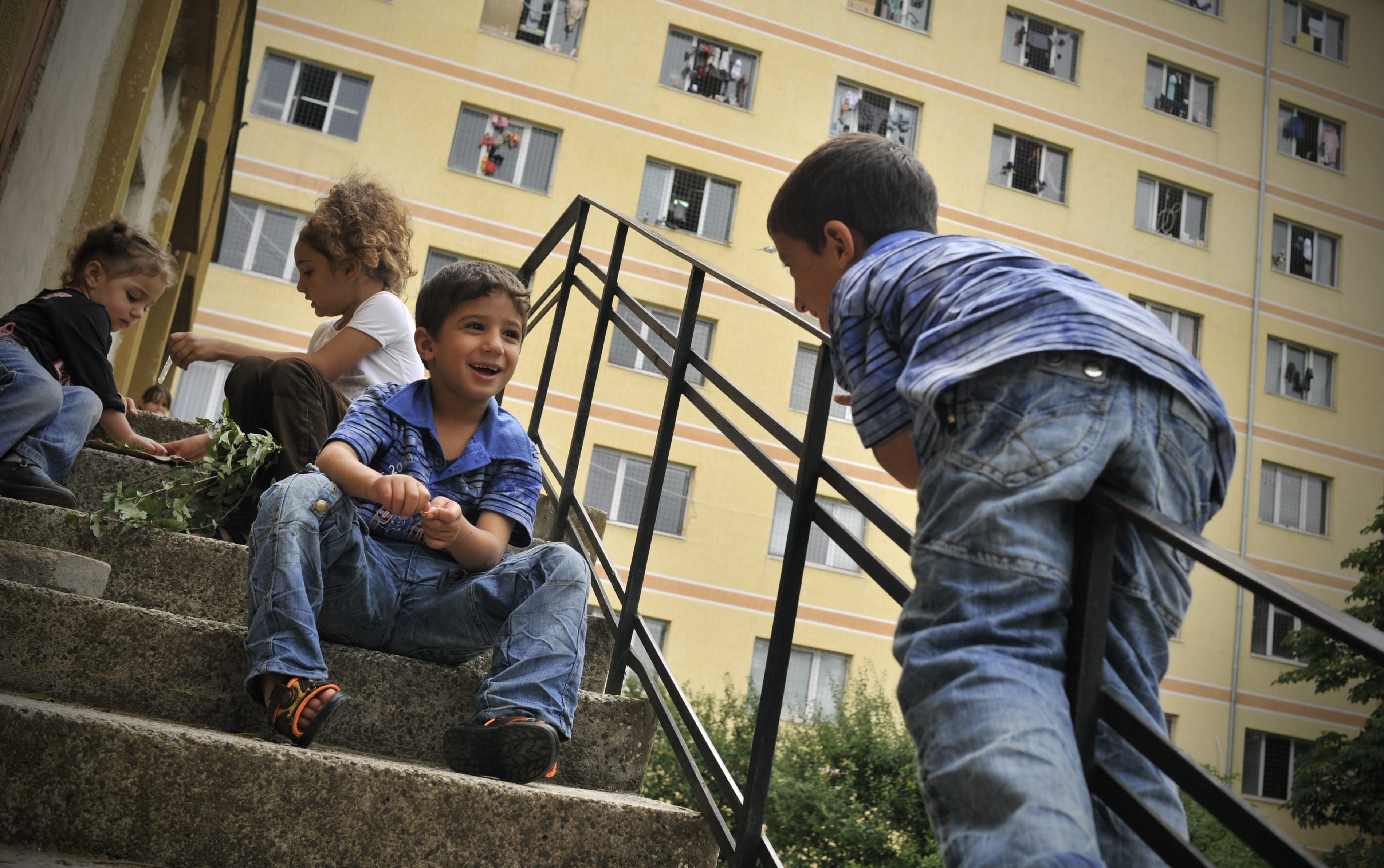Op-ed by Ruud Lubbers, UN High Commissioner for Refugees
Op-ed by Ruud Lubbers, UN High Commissioner for Refugees
May 2003
GENEVA - Asylum has recently become a hot political topic in some European countries. There are two reasons for this. Firstly, there are some very genuine concerns about the way the asylum system is being managed; about the role of people smugglers; and about those who misuse the system by falsely portraying themselves as asylum seekers. These factors feed off each other.
Secondly, there is another abusive group at work - including some politicians, pressure groups and newspaper editors - who are willfully distorting the issue. I am appalled at the exaggerations, statistical manipulation and scare-mongering that have proliferated recently. This is a dangerous path for society to go down. As a former Prime Minister, I know how hard it is to draw up far-sighted policy when you are buffeted by a political whirlwind whipped up by distortion and exaggeration.
UNHCR, the UN refugee agency I head, is proposing a three-pronged approach to improve the global asylum system. One prong is devoted to the regions from which refugees originate; one is geared to the gradual transformation of the EU into a single asylum space; and one to sharpening individual states' domestic asylum systems.
This is not a menu of options but an organic whole. Unilateral actions by a single state, or even a small club of states, will not bear fruit unless they are acceptable to other countries around the world, particularly developing countries that host huge refugee populations, sometimes for decades. These countries will need to be convinced that the richer countries will share the economic, social and political burdens imposed by large movements of refugees. If they feel the rich states are only interested in passing the buck back to them, they will not cooperate.
The amount now spent on supporting refugees in their regions of origin is woefully inadequate. Little wonder that refugees - genuine refugees - lose hope and head towards Europe. Their original hosts, with inadequate financial support, are unlikely to encourage them to stay. Nor are they likely to welcome them back, just because Europe doesn't want them either.
So, under the "regional prong," UNHCR is proposing a more coherent, wide-ranging effort by donor states to support refugees in their original host countries, and to find solutions by helping them return home, by resettling them to other countries or by helping them to start new lives locally in their region of origin.. But all this requires development assistance that would increase the self-reliance of refugees and benefit the countries that host them, thereby reducing the pressures to seek asylum further afield. Indeed, each dollar or euro spent on solutions for refugees in regions of origin would have double value. That this is not happening is shameful and makes no financial sense.
The regional prong would include special arrangements tailored for specific refugee groups, an initiative I call "Convention Plus," since it builds upon and complements the 1951 Refugee Convention. Precedents for this include the special programme for the Vietnamese boat people (a phenomenon that began as a refugee movement and turned into a largely economic one). This programme not only helped halt the uncontrolled economic migration, but also led to solutions being found for virtually all the Vietnamese, whether refugees or economic migrants. There is certainly scope to produce more imaginative initiatives of this type.
Under the "EU prong," UNHCR proposes separating out the groups that are clearly misusing the system, namely asylum seekers from countries that produce hardly any genuine refugees. These asylum seekers would automatically be sent to one or more reception centres somewhere within the EU, where their claims would be rapidly examined by joint EU teams. Those judged not to have any sort of refugee claim would then be sent straight home. The limited number of recognized refugees among them would be shared between the EU states. There must be a strict time limit for the entire process. Readmission agreements between the EU and the rejected asylum seekers' home countries have to be reached in advance, so that people are not detained for months or years simply because they cannot be deported.
I believe it is vital that such an initiative takes place within the EU's borders. The centres would then be bound by EU legal standards. That is important not only to safeguard the human rights of the people being assessed, but also for states, because it would effectively reduce the legal obstacles that would emerge if such centres were located outside the EU. The accusation of burden-shifting would not arise.
If the regional and EU prongs of this approach are implemented effectively, we will quickly see beneficial results within each EU state's individual domestic asylum system. Nevertheless, vigorous efforts need to continue in parallel to streamline domestic systems - to make them faster, fairer and more efficient.
I am very pleased that these proposals have found an echo in a recent Communication published by the European Commission at the request of Member States. The dialogue is currently continuing at the EU Summit in Thessaloniki. We should not miss this opportunity to put in place a more balanced and equitable approach that safeguards the protection of refugees, promotes solutions and restores public confidence in asylum systems. This is one of the most urgent policy challenges confronting Europe today.





